In a cynical, ironic world, every so often we require a nice injection of pure sincerity – and this is what makes Won’t You Be My Neighbour? such a special piece of cinema. Directed by the Oscar winning documentarian Morgan Neville (20 Feet From Stardom), we delve into the life of TV host Fred Rogers, and to celebrate the film’s release, we had the pleasure of sitting down with the filmmaker himself, to discuss the infectious allure of his subject. Neville discusses just how badly we need a voice like Rogers’ in the world today, how we went about sidestepping a film that initially comes free of dramatic conflict, and how his success in the past is helping him to get projects of this nature off the ground.
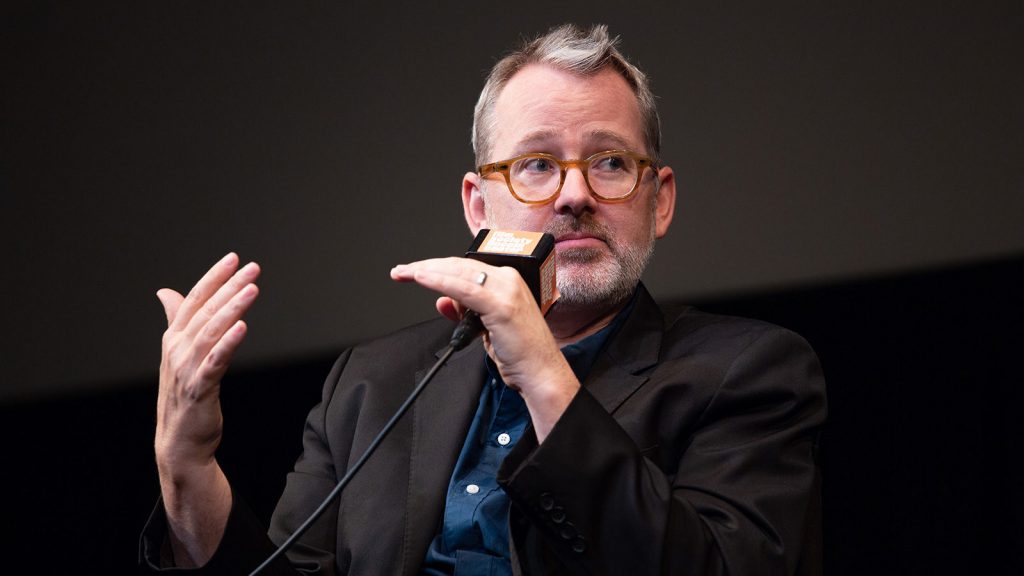
Why Fred Rogers? I mean, there are so many reasons why – but as a documentary filmmaker you’ve got a million and one stories out there, why was this your next project?
Really, it was because I loved him as a tiny child, but then I didn’t think about him forever, and when I came back across him over the last seven years, every time I heard him, or somebody would send a viral video or something, I would think – where is that voice in our culture today? That was it. So making the film was not a nostalgic thing, it was how I could get this voice into the culture. When I listened to him I ended up going down a rabbit hole on YouTube listening to him giving college commencement addresses and I just kept feeling that this was the kind of adult voice that I just don’t hear anywhere out there. It just hits on the points that I keep coming back to again and again in a lot of my movies, which is, where do we find common ground? How does culture help us build common ground? What’s happened to all the grown ups in our culture?
I saw this the same day as Fahrenheit 11/9, so I felt like I witnessed the absolute worst of America, and then the best. It made me realise that there’s a real pertinence to this film, isn’t there?
I think it was kind of important of me to point out to people that he was a Republican minister. Because to me I wanted the film to play to all kinds of audiences, and people I may not agree with, but at least we can maybe agree about these things, these common ideas of what kind of neighbourhoods we have, what kind of a culture we should have together, what kind of society. We live in a culture that is incentivised to be divisive, people get votes, or eyeballs, by pitting one group against another, or playing off resentment, and it’s just the most toxic thing imaginable. So I was just trying to find an antidote to that and put it out there as loudly as I could, so that was really the impulse.
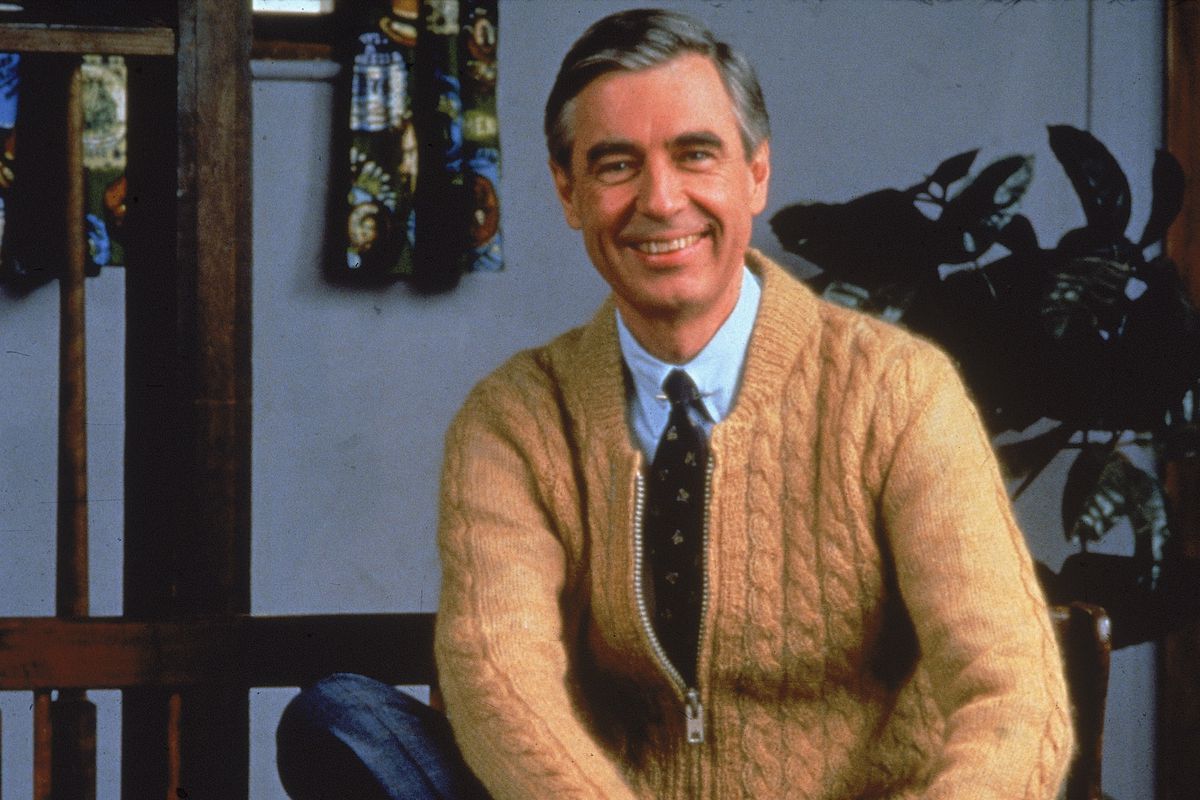
When you’ve got a subject like Fred Rogers, that must be imbue a nice atmosphere amongst the whole production team, because when dealing with someone who has this blissful outlook on life, that can’t not be infectious?
Oh, totally. 100%. We were basically working on this from the election until Sundance at the beginning of the year, so everybody working on the film felt like we were in our little bubble of kindness. It affected how we talked to each other, how we treated each other, it was a way of all of us working through our own issues. The film was so profoundly therapeutic for all of us, it was like years of therapy rolled into one film. One of the things about Fred Rogers is his ability to find your emotional need or your bullseye and like zoom in on it and just be direct about it, and I felt like, certainly for me, ultimately you’re emotionally laid bare by dealing with the subject matter again and again, and it makes you succumb to his emotionally honesty. He’s such a sincere character, and we don’t find many profoundly sincere characters in our culture, we live in the age of irony where the superheroes are ironic, so to come across somebody who is so sincere makes you question your own assumptions about people.
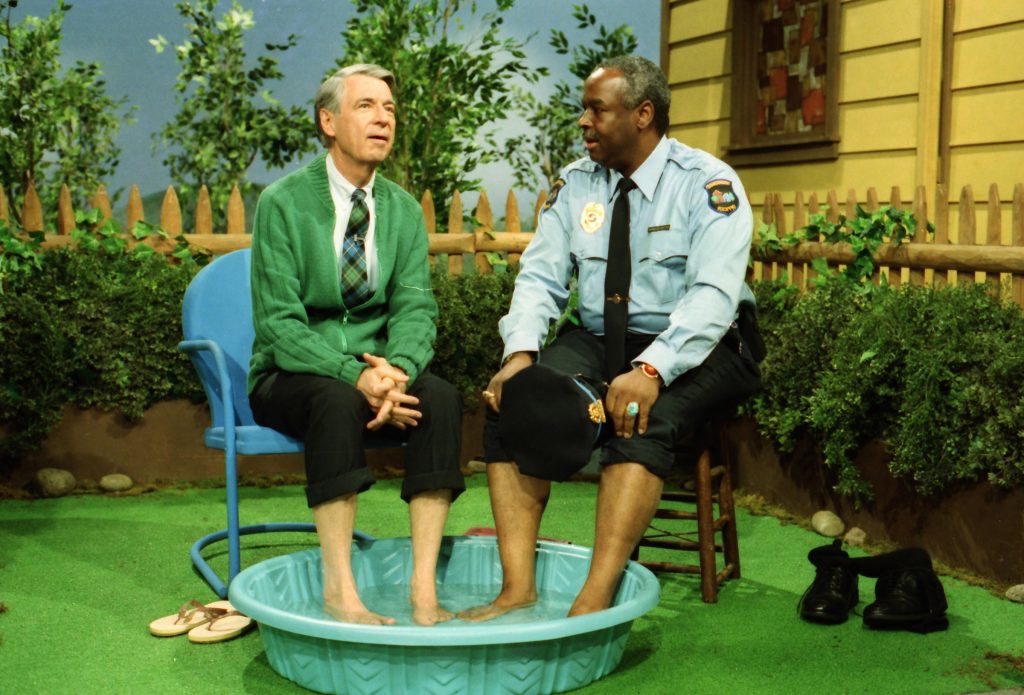
Yeah, and maybe this is the cynic in me, or I watch too many movies, but I was always anticipating something bad happening. Some sort of conflict, but as the story progresses you do realise, no this is just a genuinely sincere person. How was it making a film of that nature? There’s this idea that every film needs that moment of conflict, but this feels like a pure celebration of sincerity.
We are. It was one of the central questions I had when I started making the film, which was, where is the dramatic conflict? But what I came to realise, was that it’s Fred against the world. It’s Fred trying to put this positive message in the world, and it’s a world that doesn’t care, and cares less and less, and it grinds him down, you know, does he lose faith? So as we thought about making the film it was really about Fred trying to build this utopia and then the world tries to tear it back down, and that’s just a metaphor for goodness in the world, and a world that tends to chew up goodness and spit it out. So that’s how we came to think of our dramatic tension, it was really this world that was paying less and less attention to what he was doing.
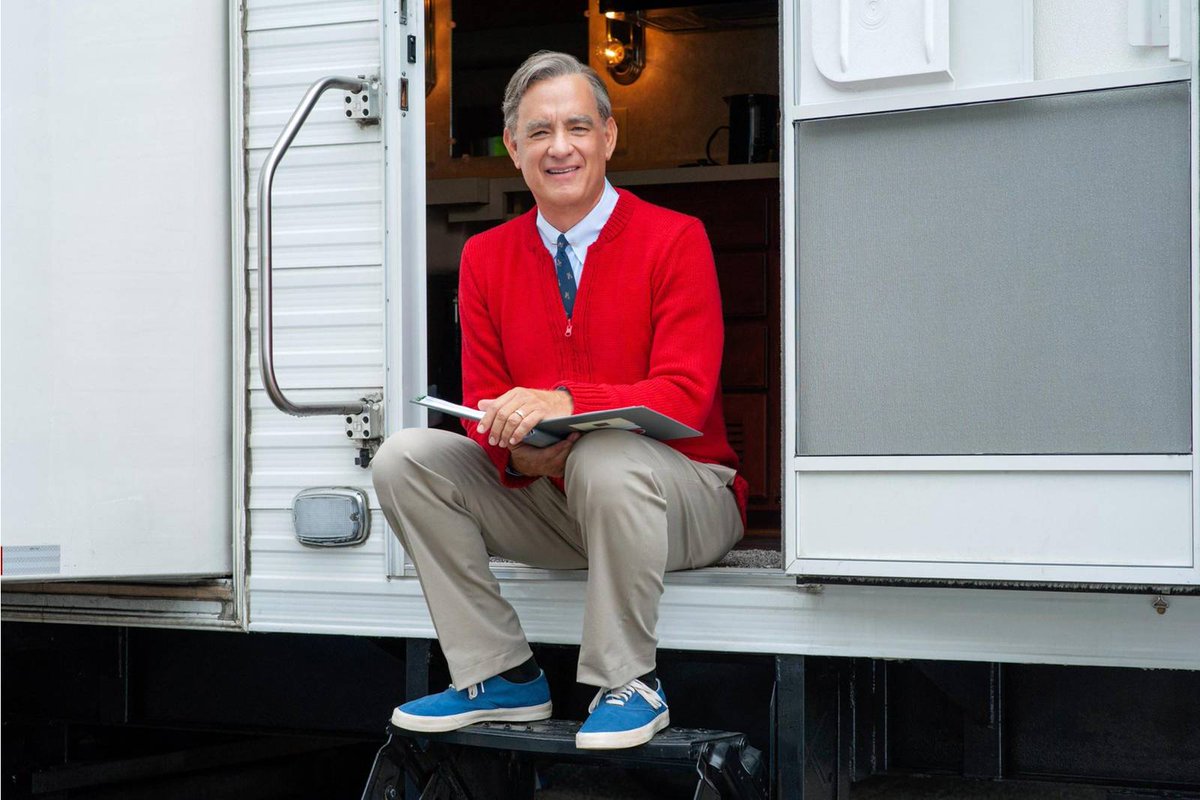
As a documentarian, I imagine you’ve always got many questions in your head, to be very curious about the world around you. With that in mind, if Fred was still around today, what would you most like to ask him?
What’s interesting is that Fred had such a resilience, so I kind of feel like I know how we would feel about things. He never judged people, if somebody said to him, ‘don’t you think that’s evil?’ he would say that he doesn’t believe in good and evil, that’s not helpful, he was always trying to understand why people do what they do, and people that do bad things do them at a fear of vulnerability. Fred talked about fear all the time, and children and full of fear because they don’t know how the world works, and they’re trying to make sense of it. Adults then tend to tell children not to worry about things, but of course they do anyway. So he felt like untreated fear became bigotry and hatred and resentment, so I think he felt that if he could stop fear, or just help people process fear, that was the best thing he could do. That’s what he would be doing today, and that’s kind of what I’m trying to do with this film, to help people understand the emotions behind all of these toxic actions.
The Fred Rogers resurgence is continuing with Tom Hanks playing him soon – that’s wonderful casting, isn’t it? We’re merging together the two most wholesome people.
Yeah, there aren’t many people who could play that role in that way. Tom Hanks embodies a similar place in the culture as Fred Rogers, which is why he’s perfect casting.
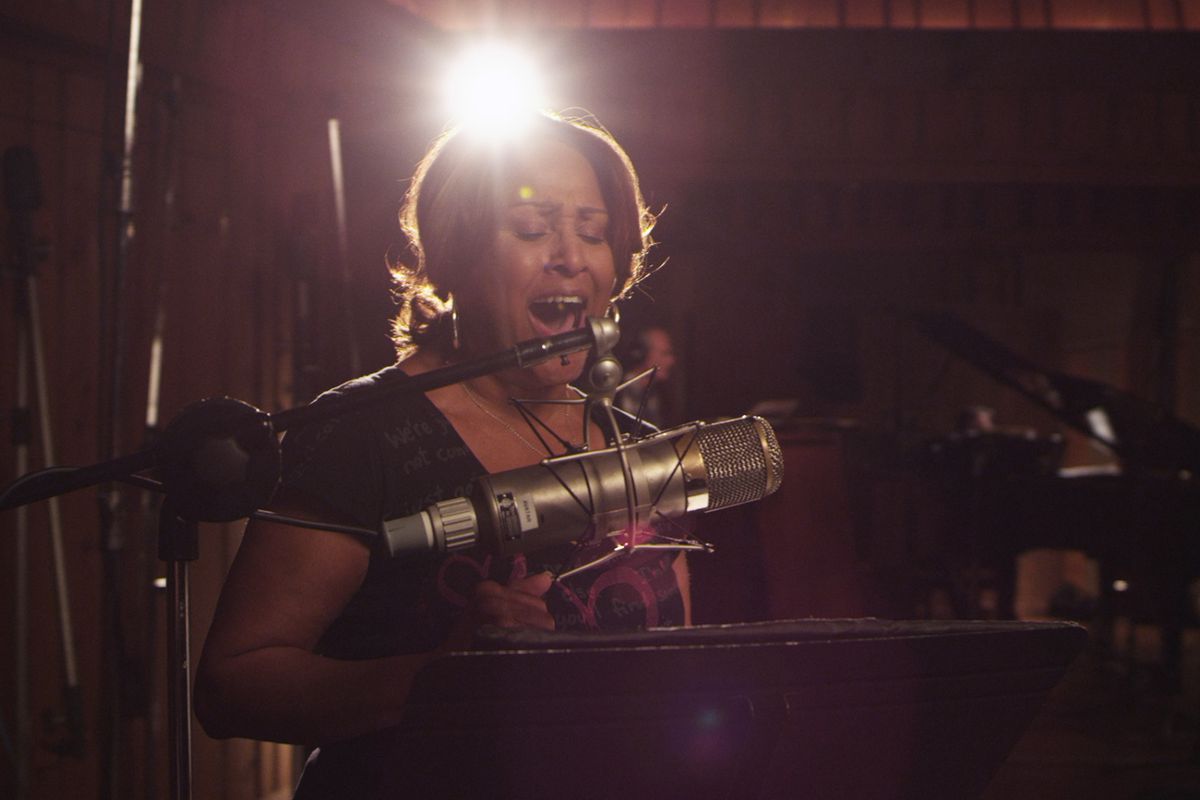
After 20 Feet From Stardom, and its Oscar, how has it helped your career in terms of making movies? Have you found it that little bit easier now to get ideas and projects green-lit and off the ground?
Yes. It’s by far the best thing about having success, is that it’s easier to get films financed. I’ve been making docs for 25 years now so it’s been a long time, and people ask why I’m so productive now, and it’s because I don’t have to spend time raising money anymore. I used to spend so much of my time raising money and now I can just make films, which is amazing. So in that way, it has helped tremendously. The longer you do this and the more of a reputation you have, it helps you make films like this. Even a Fred Rogers film – they’d never given permission to any filmmaker to make anything like this before, and my pitch to them was that I wanted to make a film about Fred Rogers and his ideas, and I have to have complete control and for this very protective estate and family to say they trust me and let me do everything, is based in part on my body of work to this point. So the more you establish your voice, the more doors it opens in other ways too, which is good.

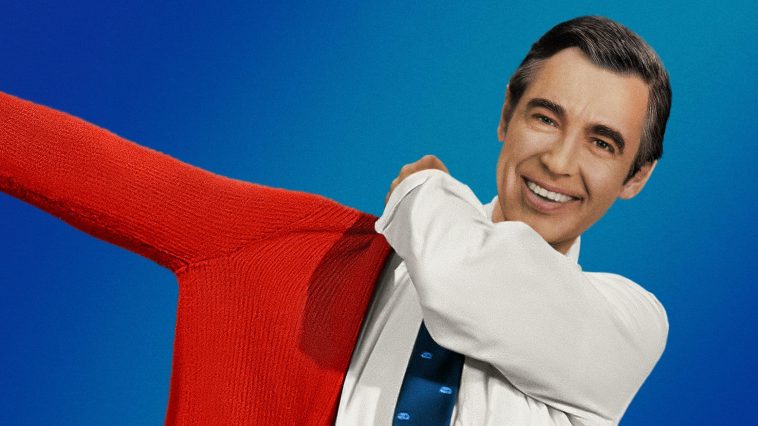




Leave a Comment